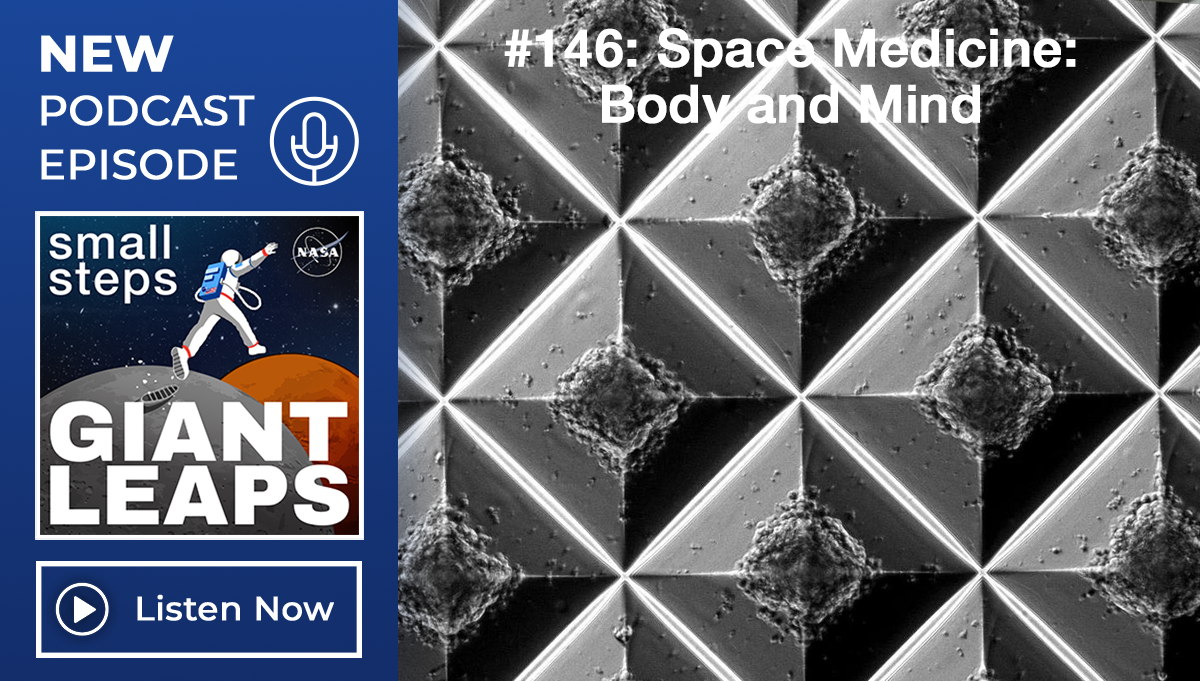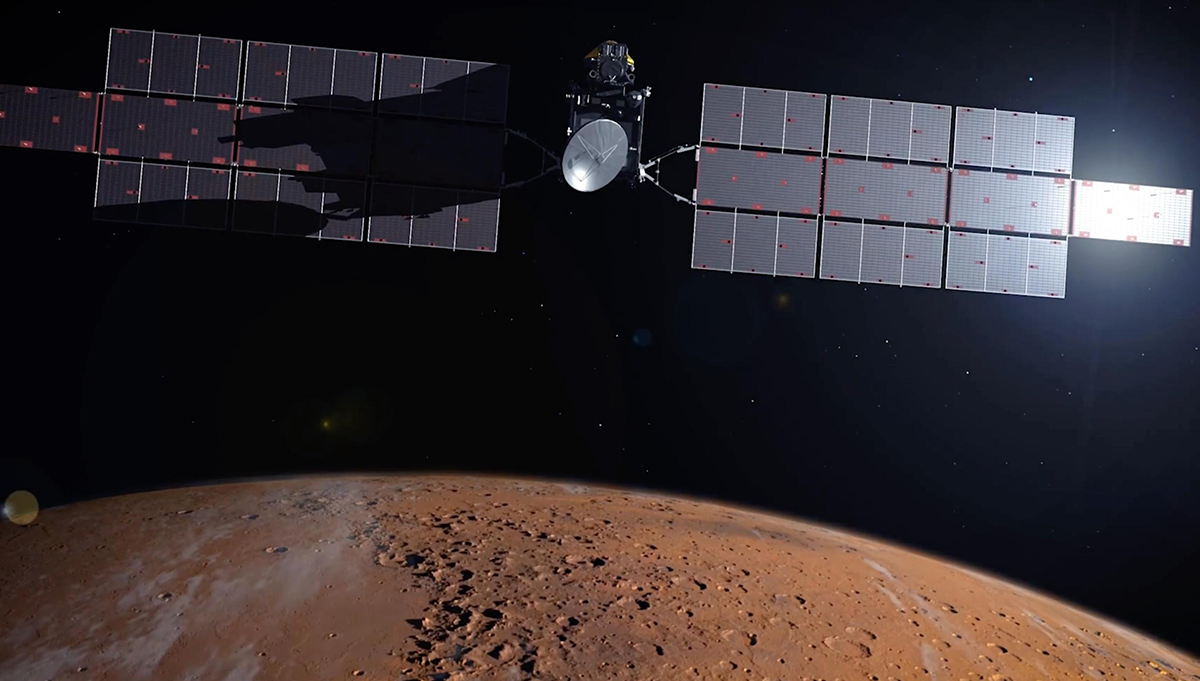Skill Level: Project Managers/Project Systems Engineers or higher.
This course provides a common foundation of knowledge and skills for NASA MBSE Modeling Leads, and is a prerequisite for other courses in this series. The course focuses on hierarchy and flow as crucial concepts for effective system and process design. We explain how these concepts effect our ability to translate stakeholder needs into requirements, describe the necessary behavior and structure of our system, manage risk, plan our test program, and maintain the system after deployment.
We will review the foundations of essential MBSE processes and methods. Then, we will build a sample model from “scratch,” using a robust process to analyze how MBSE methods can be incorporated across the system/process lifecycle. Our efforts will aid in the efficient and effective identification of opportunities to create consistency across projects and sites.
This highly interactive course presents a fresh view of the systems engineering process that delivers essential insights into the interconnectivity of diagrams and relationships, the origins of necessary information, and drives systems thinking throughout a system’s life. After this course, you will have practical experience deploying the fundamentals of MBSE/SysML in a sample project that simulates real-world scenarios we encounter on the job. You will recognize robust development processes as critical enablers to a successful MBSE effort. You will have the confidence to deploy MBSE/SysML on your projects in a manner that adds value and encourages robust systems thinking.
Topics include:
- Overview/review of SysML syntax
- Review of the purpose of each SysML diagram type
- Concepts in process definition and modeling
- MBSE as an enabler for effective development processes in NASA
Advanced MBSE Series: This course is a part of a series designed for systems engineers with advanced exposure to modeling processes. All courses within this series can be found in the Supplemental Resources tab under "Related Courses".






